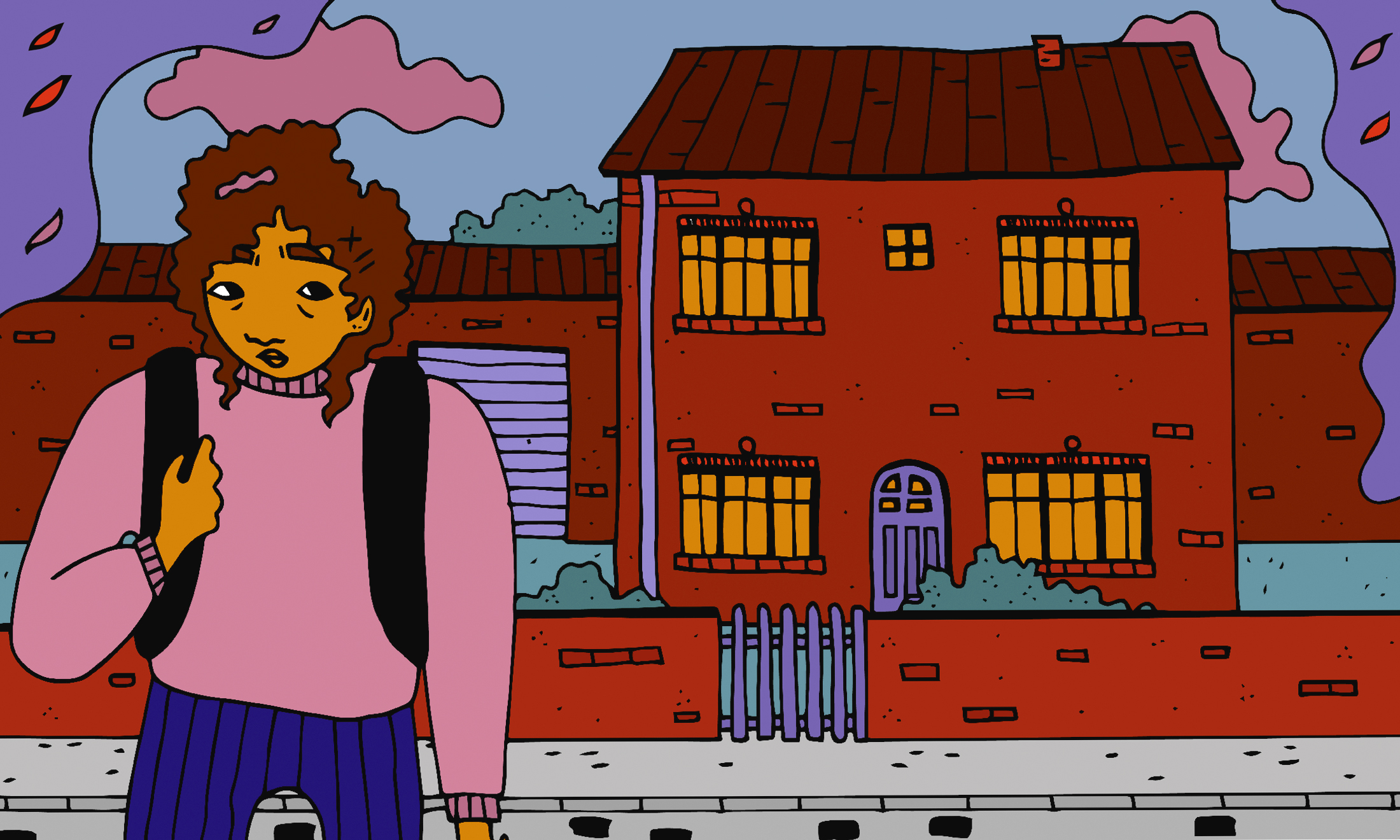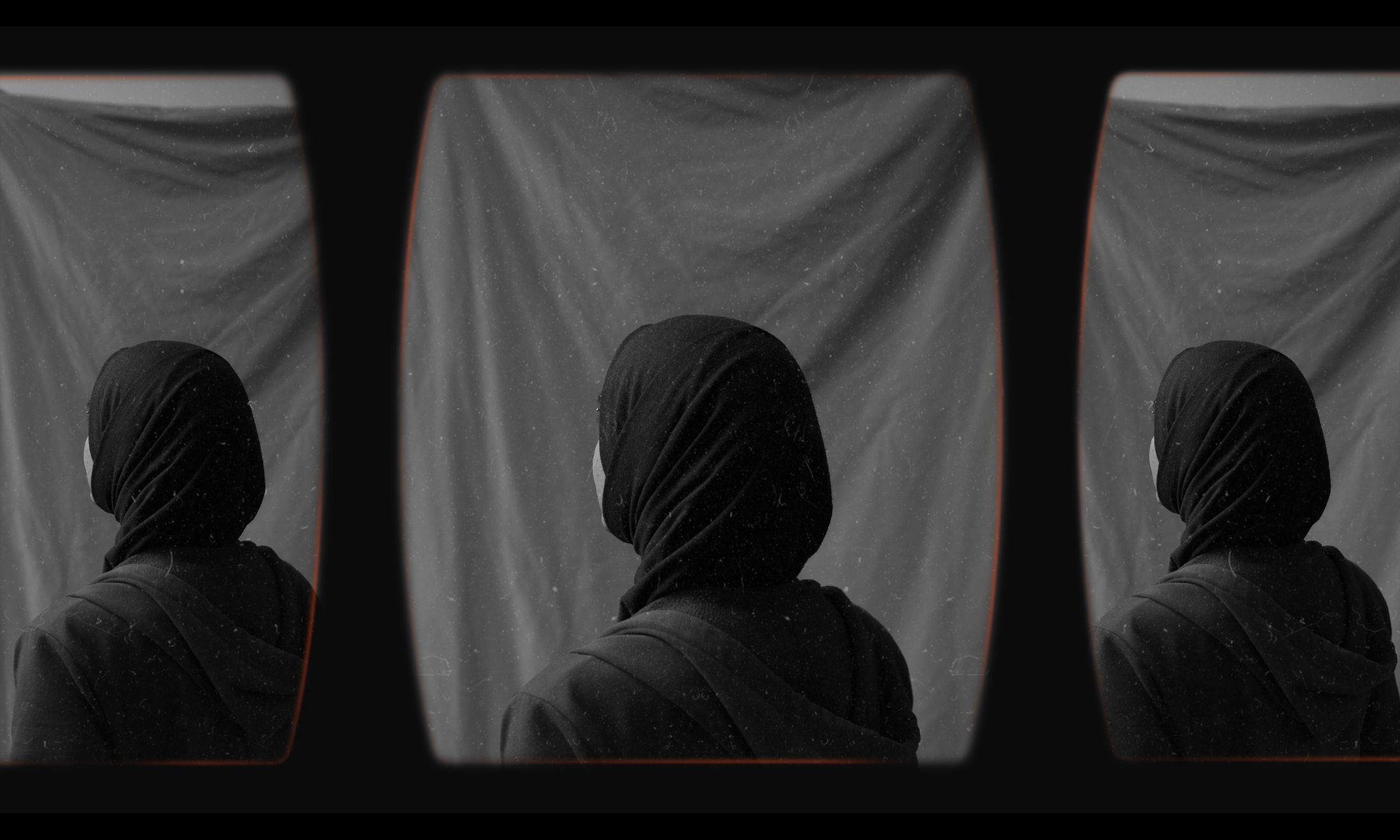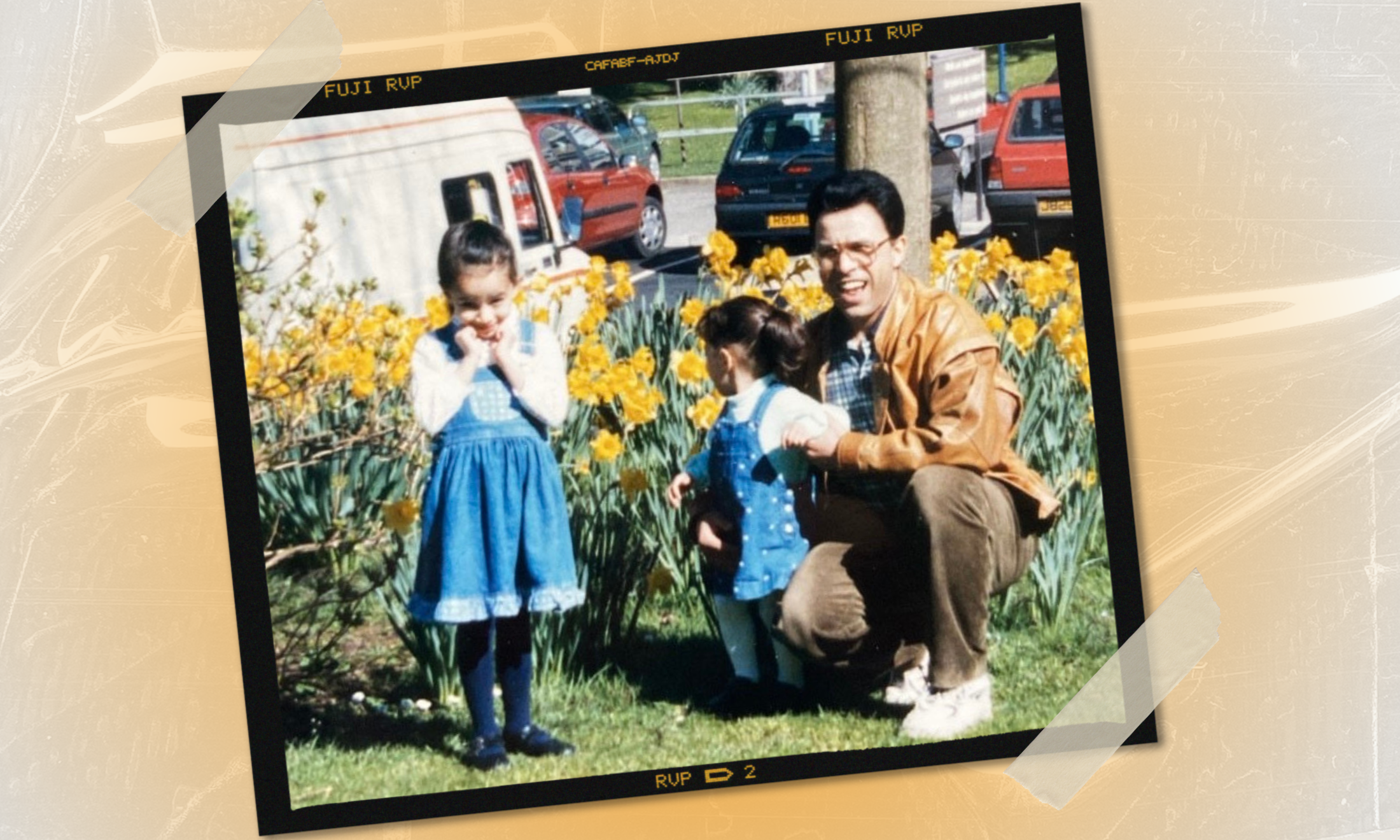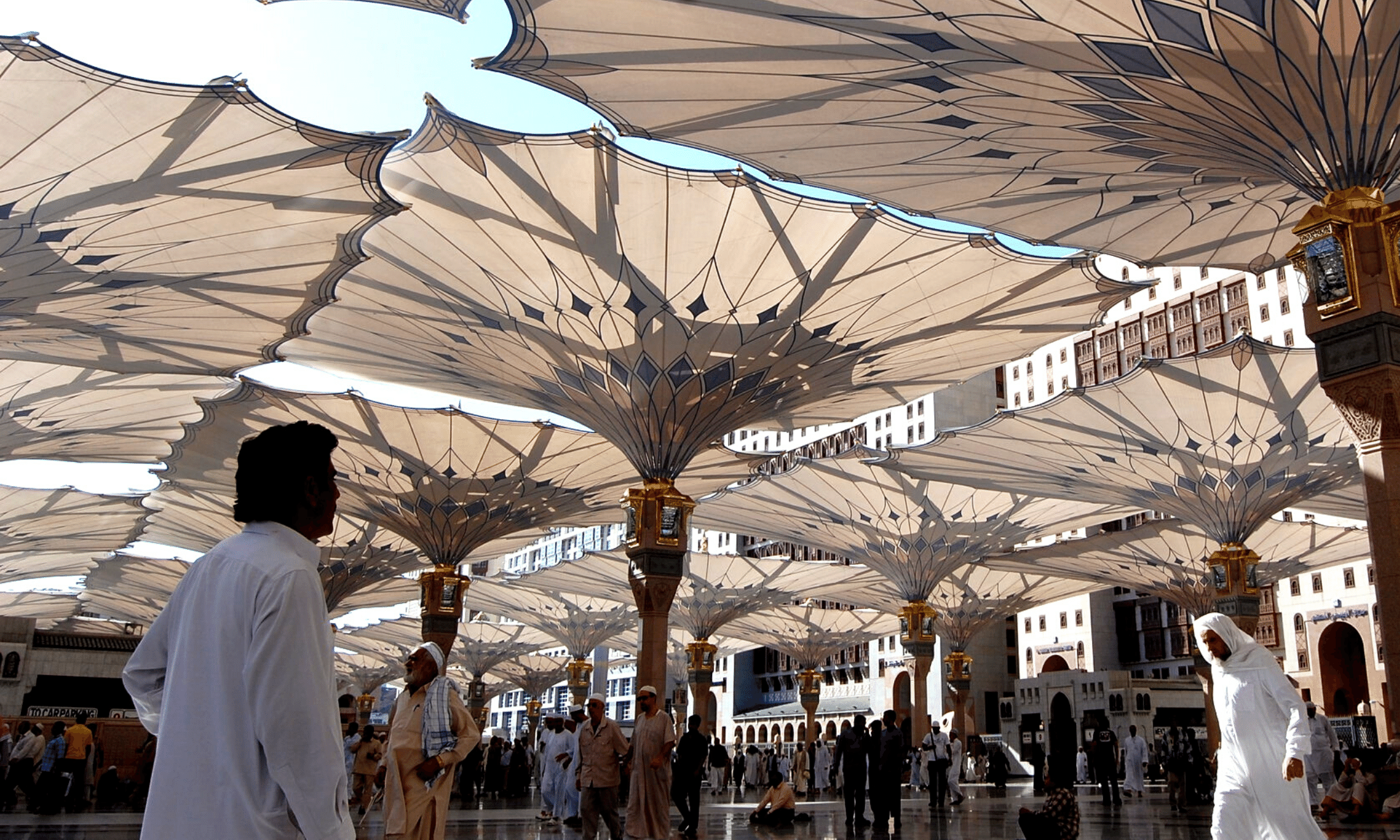
Aude Nasr
How I reclaimed my identity as a queer Bengali Muslim
When you feel like your culture and religion are used to excuse homophobia, reconciling your queer Bengali Muslim identity can be a struggle.
Mishti Ali
10 Feb 2021
I grew up queer in a religious, and deeply homophobic, household. One morning, the summer I turned 18, I packed a bag, left a note on the porch, and left ‘for work’. I haven’t seen my family since.
When I first left home, I was surrounded by white people. That isn’t to say that I wasn’t surrounded by love. I had people who cared about me, who still do. But they were all white. I was couchsurfing at a white friend’s house while homeless; I went into lockdown with a white couple whilst a lodger; worked in a predominantly white office, and got accepted into Cambridge, a notoriously white university.
This change, this immersion into a world of whiteness, a world other than my own: it wasn’t one that I was immediately conscious of, or that I felt allowed to be conscious of. I was safe; that ought to be enough. So when this overwhelming feeling of emptiness washed over me, I hated myself for my lack of gratitude.
I met my first boyfriend (also white) just before Christmas. At the bar, when I asked for a Southern Comfort and lemonade, he was shocked. He didn’t think Muslims drank. I tried to explain it as best to him as I could: I was queer, felt disillusioned by religion, and so didn’t follow the rules anymore. He took a short pause.
“So you’re an apostate?”
I just shrugged. I knew that it referred to somebody who had left Islam, but the label didn’t mean anything to me. I’d seen angry Muslim men hurl the label at queer people on the internet, or at women who had chosen to take off their hijab. I guessed he was right: wasn’t I committing a grave sin by accepting who I am? Yet each time he’d refer to me as one, as if the threat of stoning in countries run under Shariah law rendered me some kind of trophy, it began to grind on me. Being told I was ‘badass’ and ‘brave’ for running away and putting myself in danger didn’t help me. All I wanted was safety and comfort, the stability that I’d been forced to leave behind.
“In my bedroom, when the churning in my stomach kept me awake past 3am and I had just hours until my alarm clock would go off, I’d speak Bangla, my parents’ language, into the empty darkness”
At the same time, I began to live out the life I missed so much in the privacy of my home. I found myself watching Bollywood movies over and over at home. Nothing released within the last five years: strictly the classics which I’d grown up with. Om Shanti Om, Khabhi Khushi Khabhi Gham, Kal Ho Na Ho… Filling my world with cheesy music and spontaneous dance sequences, with shirtless men in tight jeans running after skimpily dressed dreamgirls, I’d try and try to bring the colour back into my life by force.
In the kitchen, I’d throw spices together, straining to remember the countless times I’d been with my Ma in the kitchen as she cooked hundreds of different curries. Shutki (dried fish), shatkora (a citrus fruit), tamatar tenga (a tangy, saucy curry made with tomatoes, and a childhood favourite), bindi bazi (spicy, sauteed okra). Back then, I took it all for granted.
In my bedroom, when the churning in my stomach kept me awake past 3am and I had just hours until my alarm clock would go off, I’d speak Bangla, my parents’ language, into the empty darkness. I once resented my Baba (my dad), a teacher, for his insistence that my sister and I spend hours at a desk, learning a language we’d hardly use. Now, I was desperate to hear it again and be reassured that it was still there.
All I wanted was myself back, and it was the one thing my white friends would never understand. I felt helpless, like the person I had once been was slipping through my fingers.
“When I changed my name, I chose Mishti, the Bangla word for our traditional syrupy sweetmeats, to remind me of who I am”
But when I was walking home in the dark, I’d find Ayatul Kursi, the Verse of the Throne, bubbling to my lips unconsciously. Each time I sneezed, I’d thank Allah for his protection. When I changed my name, I chose Mishti, the Bangla word for our traditional syrupy sweetmeats, to remind me of who I am. I refused to change my surname because at the end of the day, regardless of how my parents might feel about my sexuality, I am my father’s daughter.
I am still my father’s daughter, and I am still the same child my parents raised.
Religion may have been used against me, to keep me in the closet through fear. But when my heart is racing and my muscles are frozen with terror, when I miss my family so much that I feel as if amar khoilja fatigeseh (literally translating to ‘my liver has burst’; the Bangla equivalent to speaking about a broken heart), it’s this reminder that keeps me whole.
My first Ramadan and Eid away from home, I treated it like any other day. On my own in lockdown, I had no other choice. Besides, not getting my hopes up and convincing myself it didn’t matter just made it hurt less.
Last Eid, one of my friends invited me to celebrate with her family. My voice shook as I spoke in painfully broken Bangla. We ate biryani (a dish with meat and rice, eaten at celebrations), kurma (a creamy, buttery curry), and, of course, mishti. My heart was full. At the end of the day, before I went home, she, her mum and I stood in the kitchen, speaking in hushed tones. Her mum held me as I sobbed into her dupatta (scarf), telling me that it would all be alright, making du’a (prayers) for me.
It’s these moments that mean the most to me: the ones where I can feel happy, feel safe, within all parts of my identity.
I still find myself gripped by the same fear. My Bangla is fading and I weep for my imagined children, whom my Baba will, most likely, never get to teach. But as I accept the parts of my identity which were once forbidden to me, I see and hope, more and more, that my friend’s mum was right: I’ll see how all of this will piece itself together. If I keep faith, Allah will do that for me.









